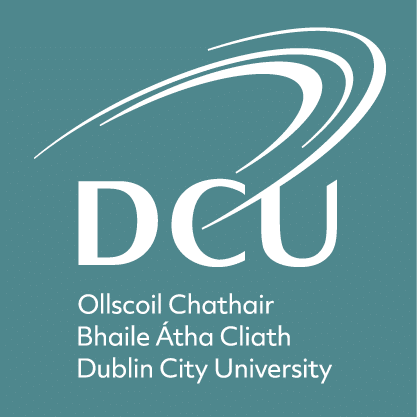The essential next step for graduates aspiring to pursue a career in psychology, the MSc in Psychology (Conversion) offers a conversion route into psychology for graduates who hold an honours degree in psychological studies or a psychology-related discipline (e.g. Human Sciences, Sports Sciences, Education). This one-year, full-time, intensive conversion programme covers a comprehensive curriculum in psychology with a strong focus on cutting-edge innovations in psychology, practice-based skills such as counselling and research skills.
The programme has been formally accredited by the Psychological Society of Ireland.

Introduction Recent crises have exposed flaws in the policymaking systems of many countries around the world, and very markedly in Ireland.
The DCU MSc in Human Resource Management prepares students to become leaders in people management and organisational change.
The Master of Education in Literacy Professional Practice is designed for classroom teachers who are seeking to develop deep expertise in literacy theory, research and evidence-based practices.